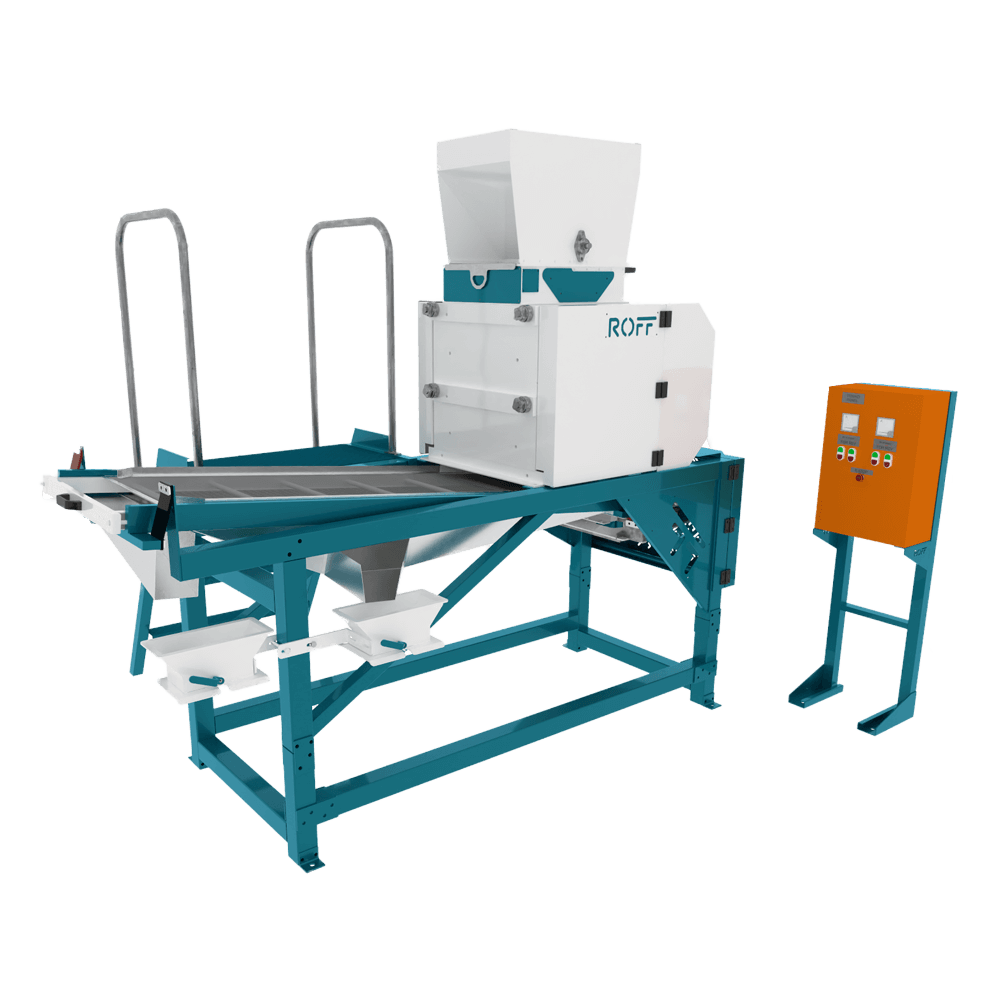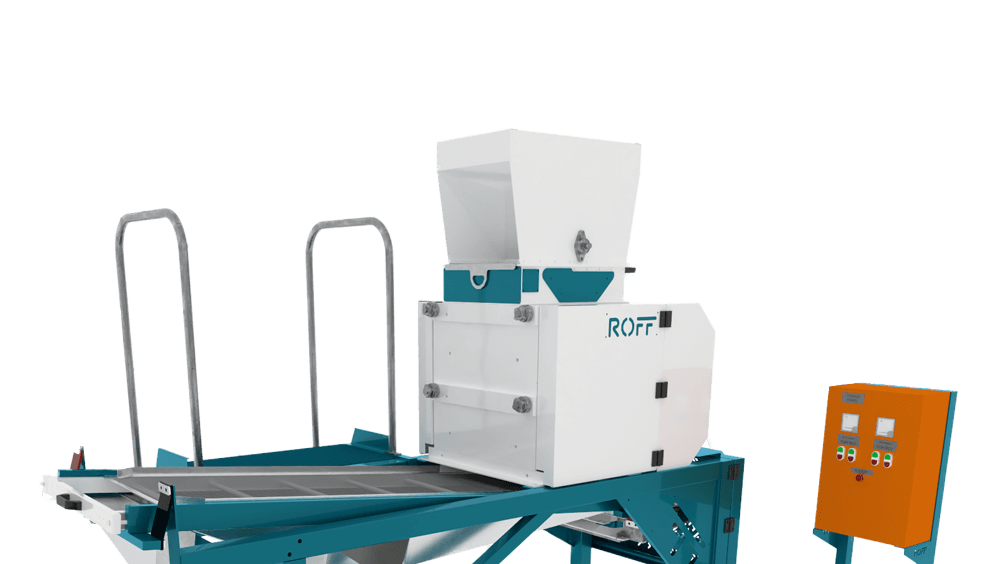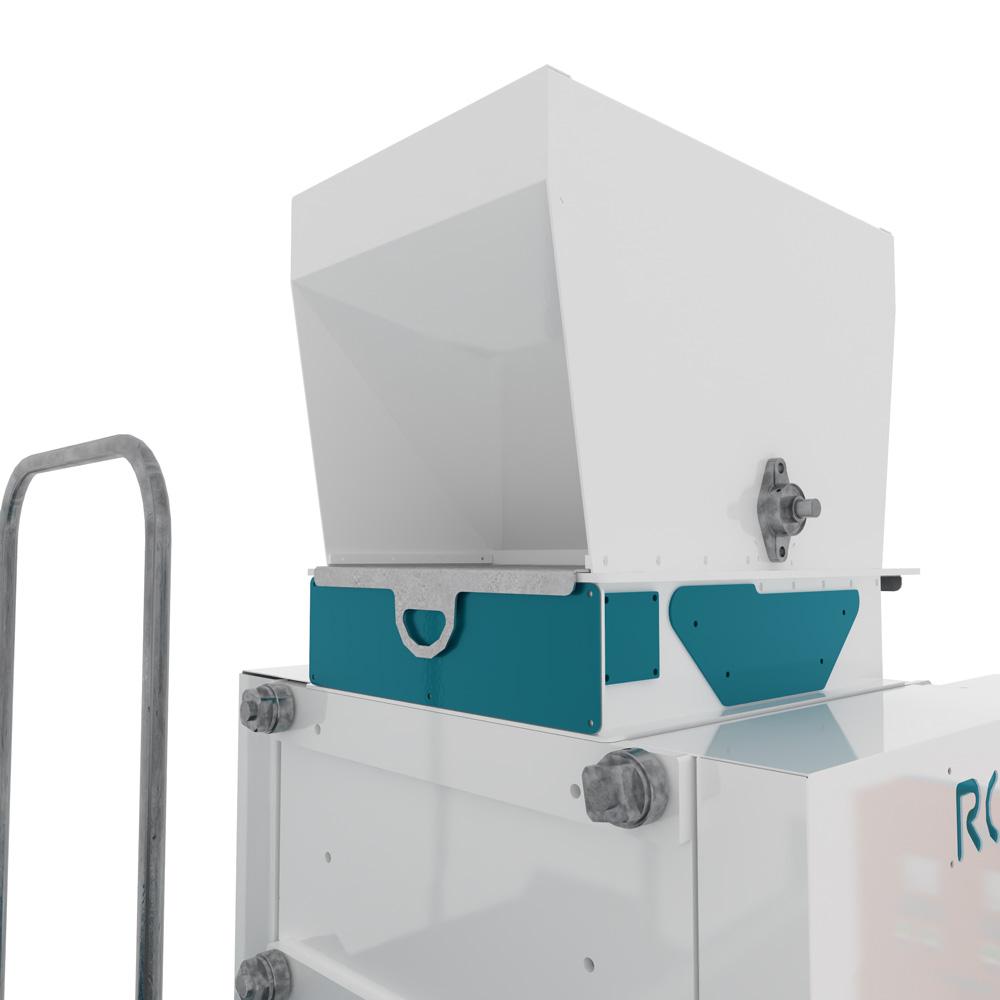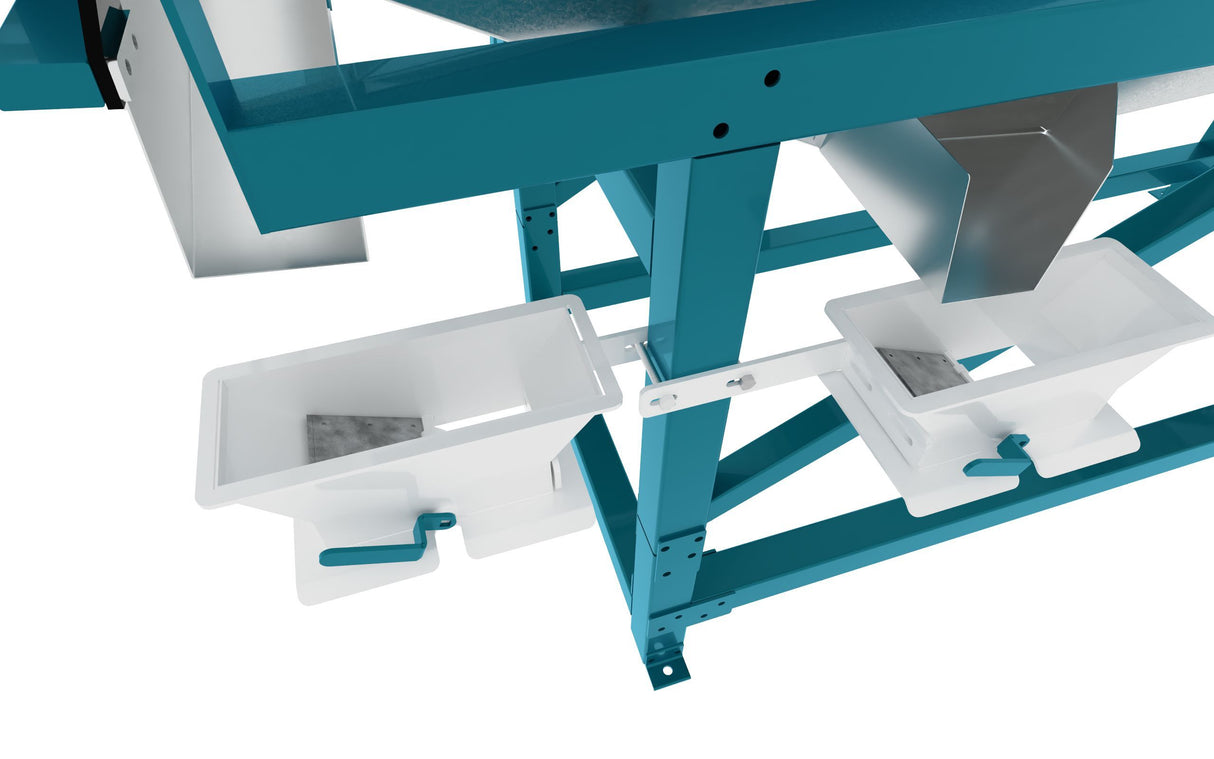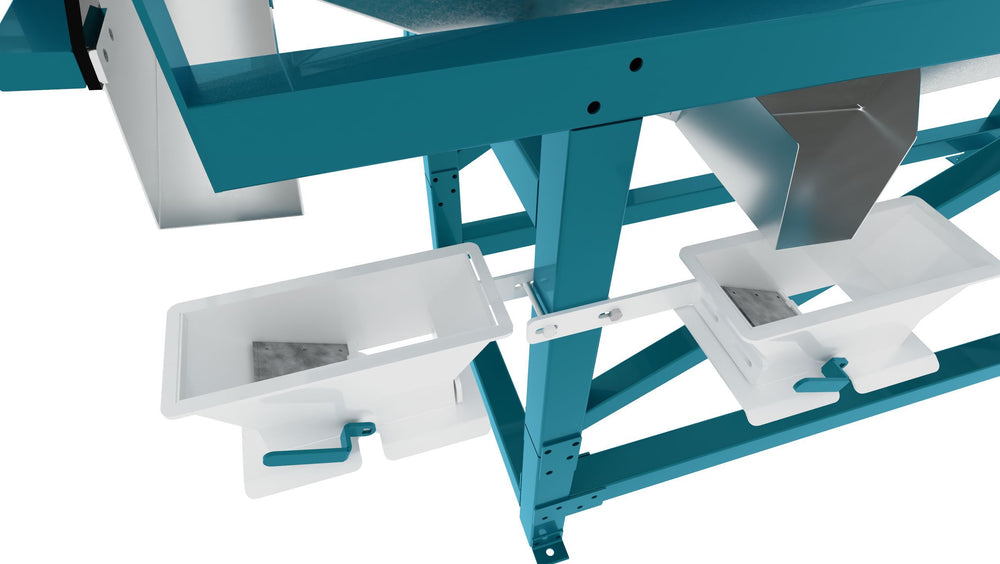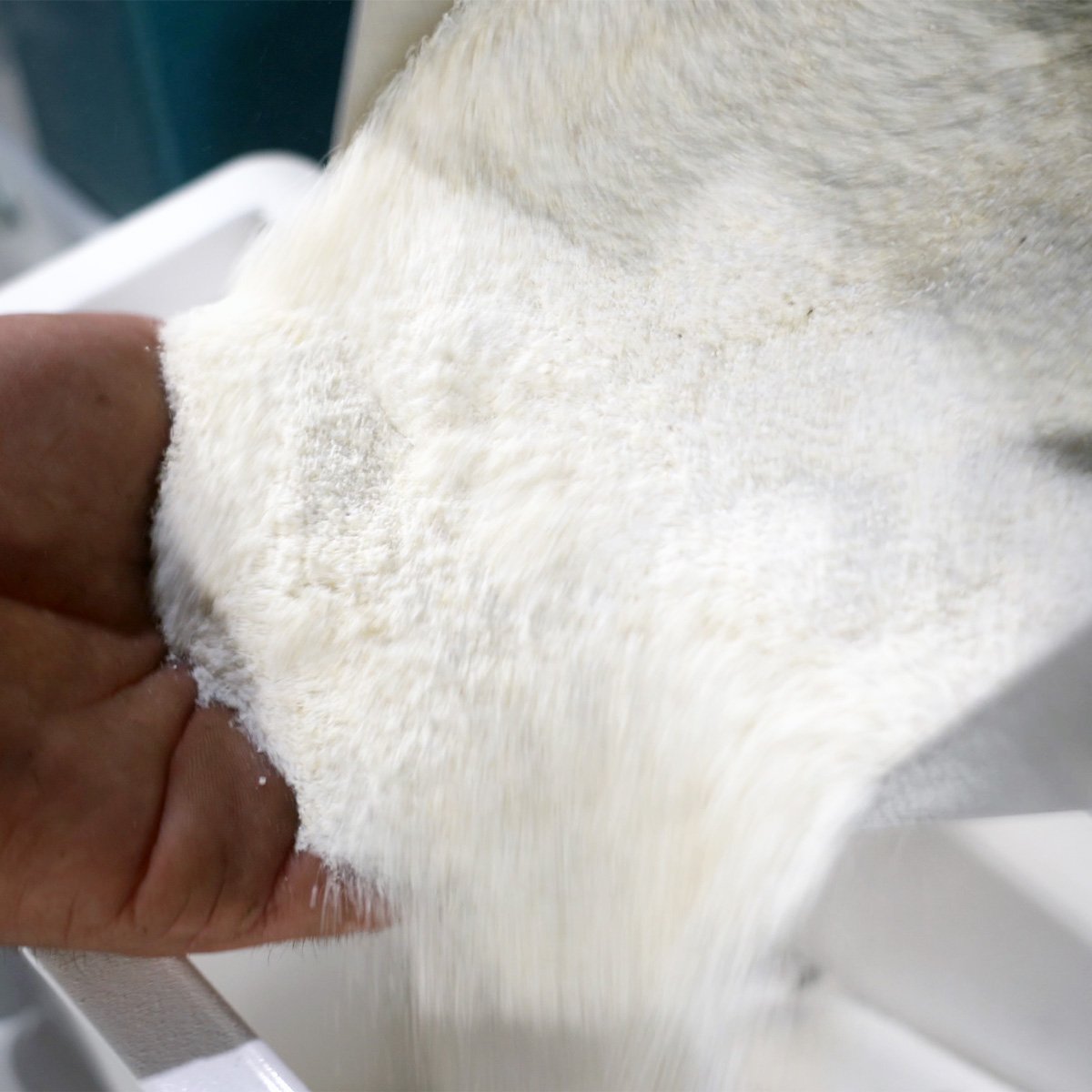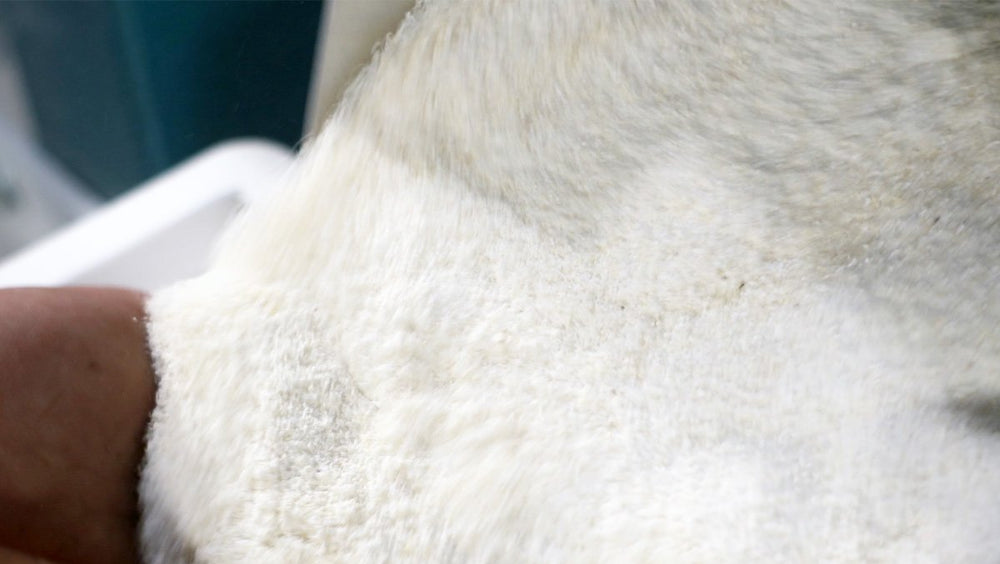Upon his retirement in 2018, Lesotho-based Roff client Jerry Ntsekhe took up community milling. Aware of how hunger threatened to ravage his country, he set out to provide a valuable service to his fellow countrymen and make a difference whilst earning an income.
But community milling is not the only way in which Jerry is making a difference. Partnering with the local villagers, Jerry rents their land, and supplies the machinery, seeds and fertiliser to ensure that it’s properly tended and cultivated. Come harvest time, he shares in the maize yield. As a result of this business model, employment is created for the villagers who are plot owners and also for the greater community. Another win is that the supply of maize to Jerry’s mill is also improved.

This form of farming without owning land is called yield share, crop share or share farming, and has been used for many years with great success in, for instance, the dairy industry. It can however also be especially beneficial for small or subsistence farmers by helping them to farm on a bigger and profitable scale, ultimately driving food security – one of the African continent’s biggest challenges.

WHAT IS SUBSISTENCE FARMING?
The broad definition of subsistence farming is the practice of growing crops and raising livestock sufficient only for one’s own use, without any surplus or little surplus for trade. It plays a key role in reducing the vulnerability of rural and urban food-insecure households, improves livelihoods, and helps to mitigate high food price inflation.
However, subsistence farming in Africa is not without challenges. Alone, these farmers are often unable to farm on a scale that’s profitable, since they don’t have the means to buy valuable farming equipment like tractors and harvesters, seeds or fertiliser. As such, important steps in the farming cycle like soil preparation, planting and harvesting have to be done using manual labour which takes much longer, and might render them unable to plant and harvest at the right time which may cost them the harvest.
YIELD SHARE FARMING
This type of farming, because it takes place on a larger scale, allows for the efficiency and profitability of commercial farming, whilst land ownership remains with the small farmers who generally live on the land as well. The model enables an entrepreneur, like Jerry Ntsekhe, to operate a farm business without providing the upfront capital required to own all the farmland needed to farm profitably. Most commonly an entrepreneur or share farmer (supplying seed, fertiliser and machinery) enters into a share farming agreement with a subsistence farmer (supplying labour and farmland). The model involves varying levels of risk and profit allocation between the share farmer and the landowner.

HOW CAN YIELD SHARING BENEFIT SUBSISTENCE FARMERS?
Subsistence farmers generally achieve much lower crop yields than commercial farmers, who operate on a larger scale that allows the process to be much more efficient. Entering into a yield share arrangement can help them to sustainably intensify their production and profitability, because:
- The yield sharer provides the money, machinery, fertiliser, higher quality seeds and pest and soil control to ensure a good crop – funds to which the landowner might not have access. Subsistence farming plots of land are simply too small to justify or enable any of the above.
- In addition to the above, the entrepreneur/ yield sharer could contribute valuable business and agricultural knowledge in benefit of the subsistence farmer’s productivity.
- Employment opportunities are created for community members who work the land, or where the yield sharer runs a community mill, at the mill itself.
- Minimal disruption is caused to the daily lives of the subsistence farmer and his family, since they continue to live on their land, tend to the fields, and guard the crops against grazing cattle, to name a few.
- This model can enable the farmers to grow from a subsistence operation into a profitable business, increasing their income and quality of life.
Finally, the yield sharer or entrepreneur with a mill can benefit from a consistent supply of maize thanks to a stable partnership.
In the journey towards food security in Africa, approaches such as yield sharing will prove invaluable.
Get in touch with Roff on sales@roff.co.za or +27(0)56 212 2697 for expert advice on all your community or commercial milling needs.
References:
https://farmtable.com.au/build-category/share-farming/
https://www.tandfonline.com/doi/abs/10.1080/03031853.2009.9523836?journalCode=ragr20


